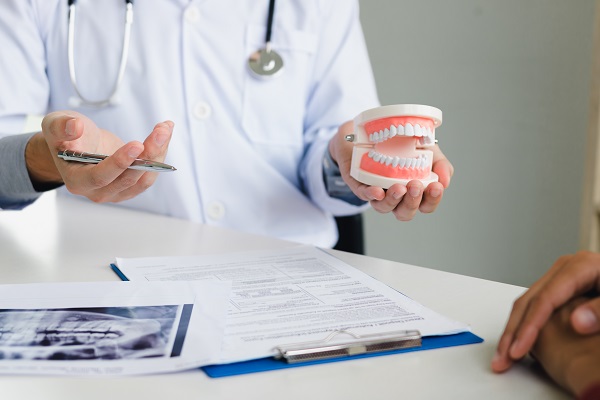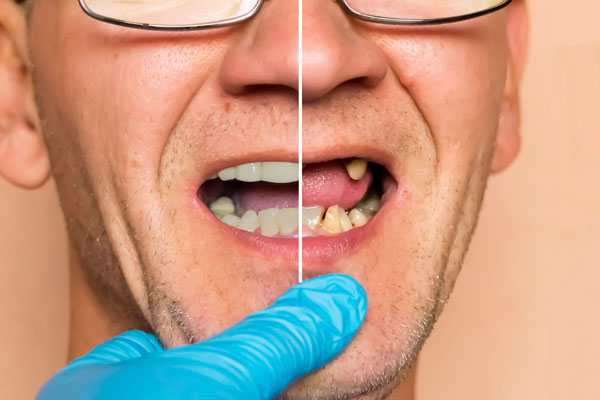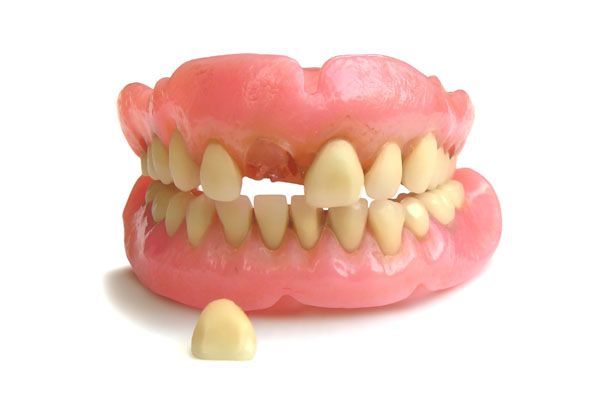When Is Oral Surgery for Sleep Apnea Recommended?

Sleep apnea is a condition in which breathing stops and starts again while asleep and can be treated by oral surgery. It affects more than 200,000 people in the United States each year. A minor case of sleep apnea can often be treated through lifestyle changes and a dental night guard. However, oral surgery for sleep apnea is also an option for more severe cases.
Oral surgery and sleep apnea
Oral surgery for sleep apnea is not as intimidating as it may sound. Learning more about the process of sleep apnea surgery and what the potential benefits are can help you decide if the treatment is a good option for you. The following is a complete review of how a dentist can help patients with severe sleep apnea through oral surgery treatment.
What is oral surgery for sleep apnea?
Oral surgery is a form of sleep apnea treatment. The goal of oral surgery for sleep apnea is to allow the patient to breathe better while they are asleep. There are several different methods of achieving this goal. Oral surgery is not required for all cases of sleep apnea.
In fact, many are able to find relief by simply making lifestyle changes and through the use of a continuous positive airway pressure (CPAP) device or dental nightguard for sleep apnea. However, those who are unable to get a good night’s sleep when wearing a device or find the devices to be ineffective may make a good candidate for sleep apnea treatment.
When to consider oral surgery for sleep apnea
As mentioned, oral surgery for sleep apnea is worth considering for anyone who is not happy with their current treatment plan, either because the results thus far have been unsuccessful or they prefer not to wear a dental device while they sleep. Patients should also discuss the potential risks of oral surgery for sleep apnea with their dentist before making a final decision, along with considering all available treatment options.
Different types of sleep apnea surgery
Dentists may recommend one of several different types of sleep apnea surgeries, depending on the exact concern that the patient has. Several common types of sleep apnea surgery include:
- UPPP
- Nasal surgery
- Hyoid suspension
- Palatal implants
- Tongue advancement
Most patients are unfamiliar with each type, so it is helpful to discuss all available options and become well informed on the recommended procedure before starting treatment.
What to expect during oral surgery
The patient’s overall experience is dictated by the specific type of oral surgery and the issue that they seek to address. In most cases, the surgical process itself is not painful, but there is a recovery period following the oral surgery. The dentist should provide clear preparation, day of procedure and aftercare instructions to help guide the patient through sleep apnea oral surgery.
Schedule a consultation visit with our friendly team
We understand that oral surgery can cause anxiety in many patients, and our friendly team can help you calm your nerves by providing answers to your questions and guiding you through each step of the treatment process.
Request an appointment here: https://thechesterfielddentist.com or call Chesterfield Dentist at (804) 412-0867 for an appointment in our Chester office.
Check out what others are saying about our services on Yelp: Read our Yelp reviews.
Recent Posts
A dentist’s job is to make sure your teeth stay in great health. For many patients, this means considering the benefits of dental restorations. Dentists recommend restorative procedures when a patient has a damaged, diseased, or missing tooth. These standard treatments stop the problem in its tracks, prevent additional injury and infection, and even provide…
The purpose of dental restorations is to replace permanent teeth that are lost. This can happen because of trauma to the tooth that renders it irreparable or decay that is so extensive that it requires extraction. There are several restoration options for replacing a missing tooth. Some are removable while others are permanently fixed in…
A healthy smile depends on more than daily brushing and flossing. If you are experiencing gum disease or severe plaque buildup, a deep teeth cleaning can restore your oral health. Unlike a standard dental cleaning, this treatment targets bacteria below the gumline and reduces the risk of serious oral health issues.Deep teeth cleaning, also known…
Multiple damaged or missing teeth can impair function and degrade the appearance of your smile. However, dental restorations can restore both the look and function of your teeth.There are many different types of dental restorations, and most of them can be used to address issues with multiple teeth. The type of restoration used for your…


